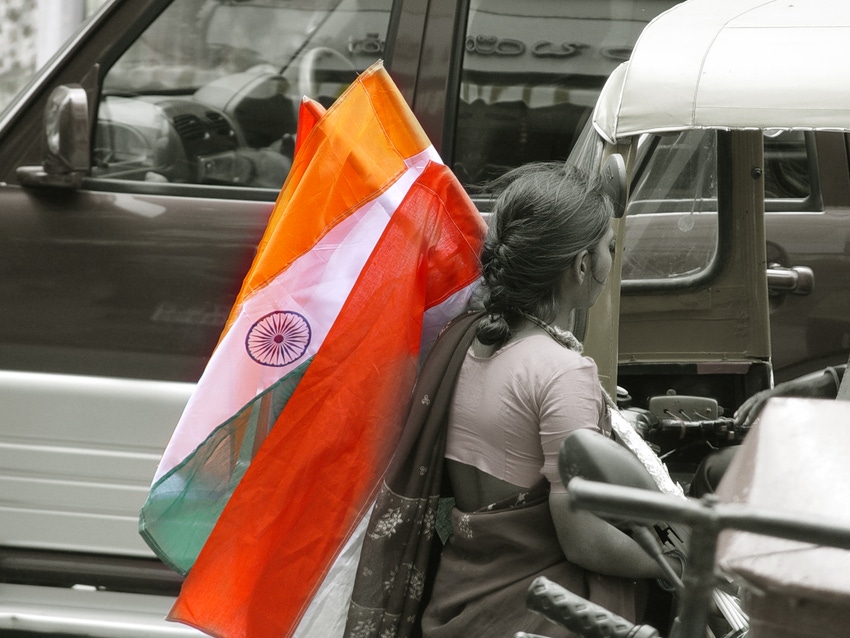India unveils draft telecoms policy
India has unveiled its new draft telecoms policy which will let mobile operators share airwaves, and allow for consolidation of firms. The Indian telecoms industry has been suffering due to intense competition – there are 15 operators for a market with 850 million users whereas China has a larger market and just three operators.
October 11, 2011

India has unveiled its new draft telecoms policy, which the government says will let mobile operators share airwaves, allow for consolidation among carriers and counteract corruption.
The Indian telecoms industry has been marked by intense competition – there are 15 operators for a market with 850 million users, whereas China has a larger market and just three operators.
According to telecoms minister Kapil Sibal, the new policy will “facilitate consolidation in the converged telecom service sector while ensuring sufficient competition”. He had previously said the government will not let the number of players in any region of the country fall below six.
The draft telecoms policy, unveiled on Monday, also aims to increase transparency in the sector. Second-generation mobile spectrum that now comes bundled with a telecoms license will be separated and priced on a market basis, which means operators will have to pay for additional network capacity, driving up costs.
It also proposes the sale of bandwidth at market-determined prices. This would prevent the government from being able to under-price the frequencies for certain companies, as it allegedly did during the 2008 spectrum sale.
The market endured a licensing scandal that analysts believe may have cost New Delhi up to $39bn in lost revenue. The government has been accused of rigging the grant of licenses in 2007/08, forcing the then-telecoms minister to resign. Police have charged 14 people in an ongoing investigation into the case, including the former minister.
The new policy also aims to abolish roaming charges that users experience when travelling across regions of the country, and telecom licences and spectrum bandwidth will be issued separately rather than bundling them, as is the current practice.
About the Author(s)
You May Also Like








.png?width=300&auto=webp&quality=80&disable=upscale)


_1.jpg?width=300&auto=webp&quality=80&disable=upscale)


.png?width=800&auto=webp&quality=80&disable=upscale)